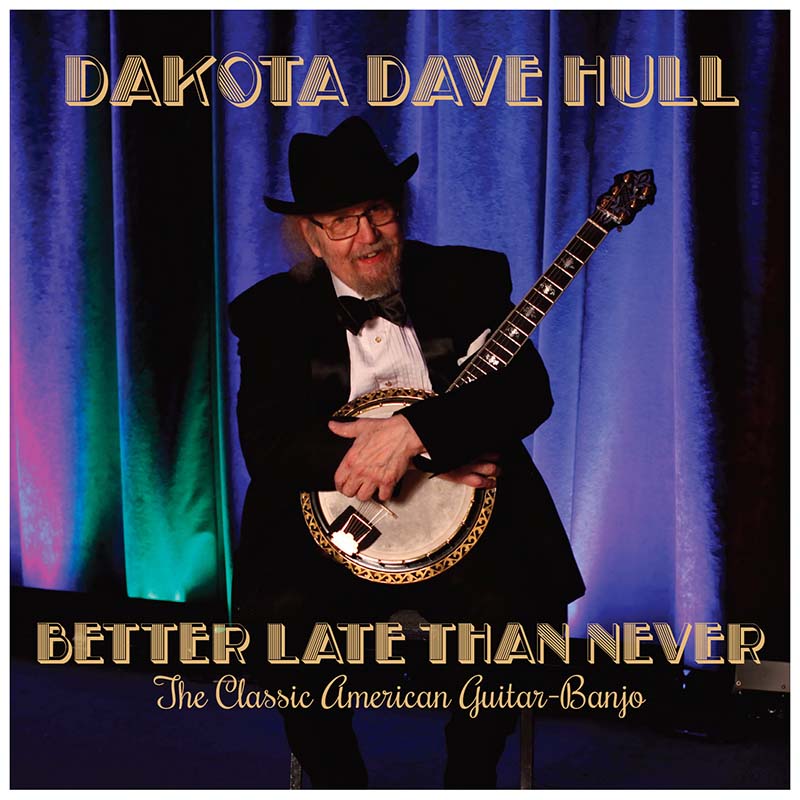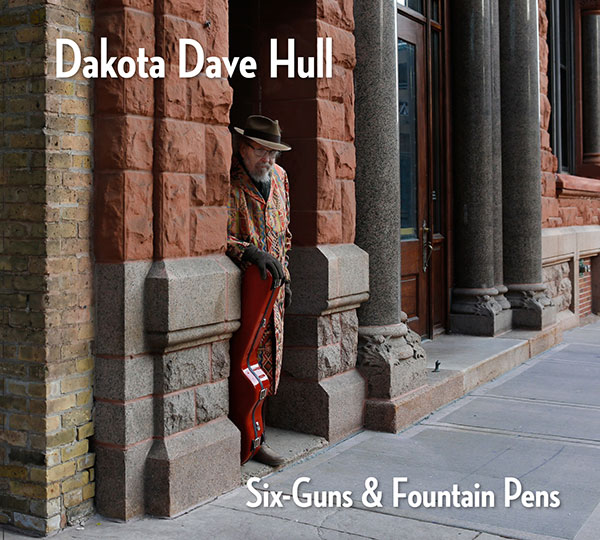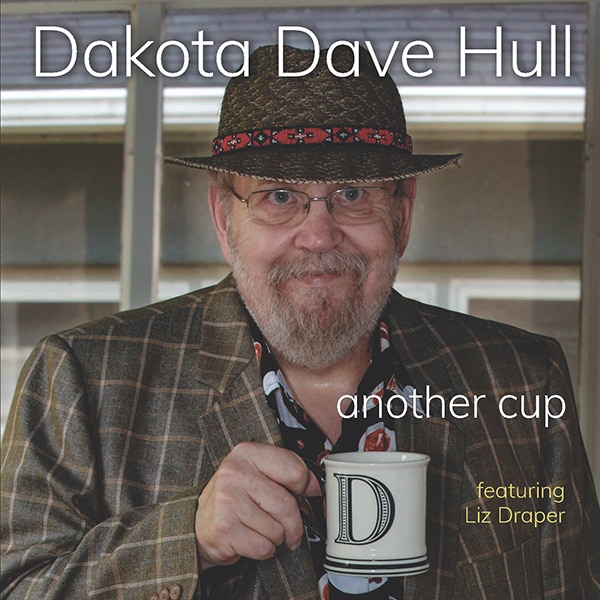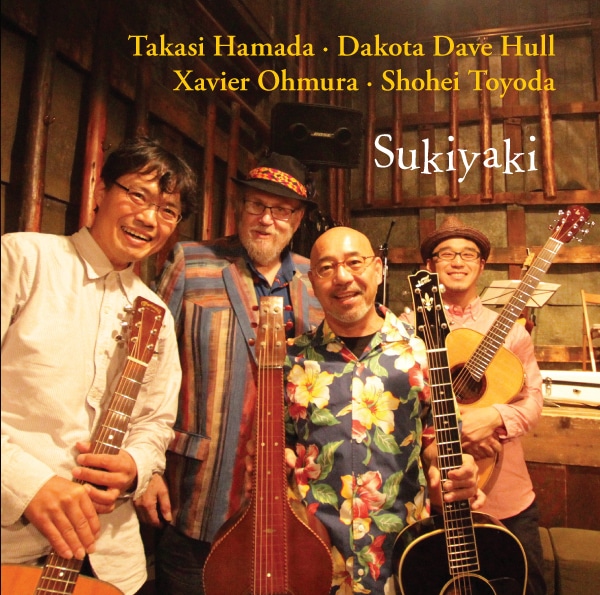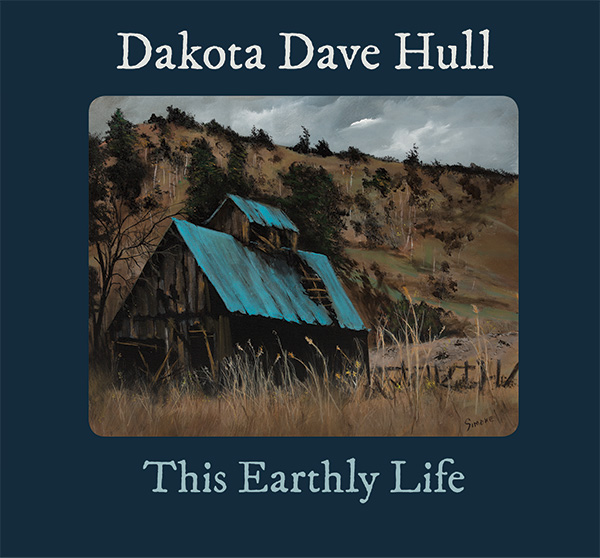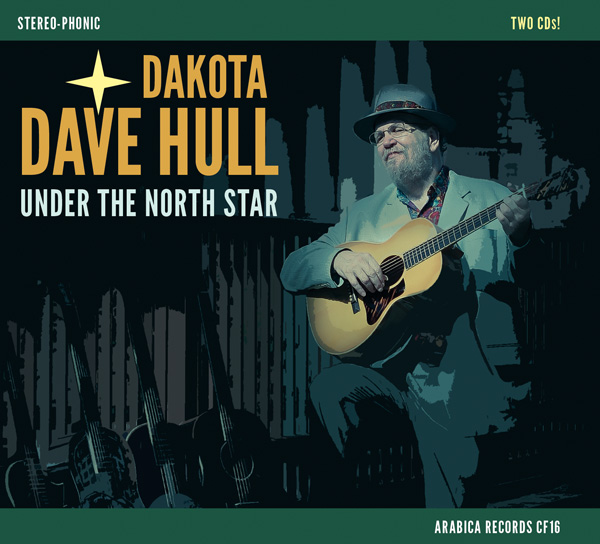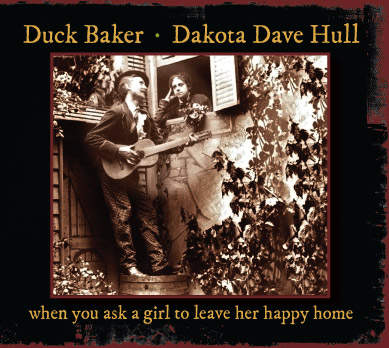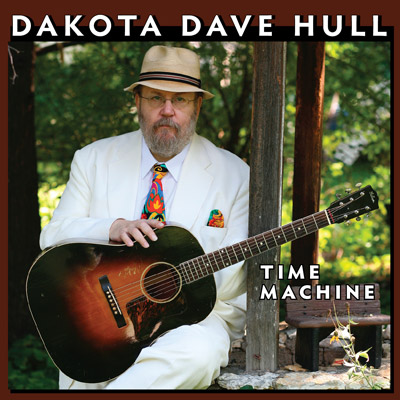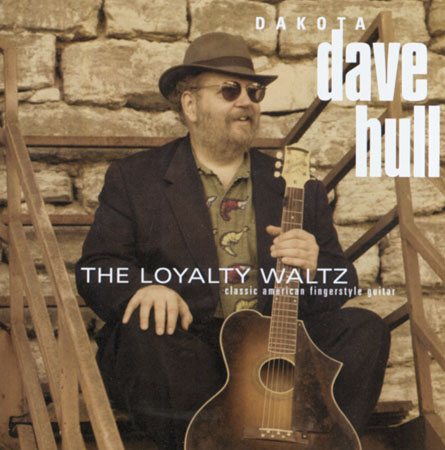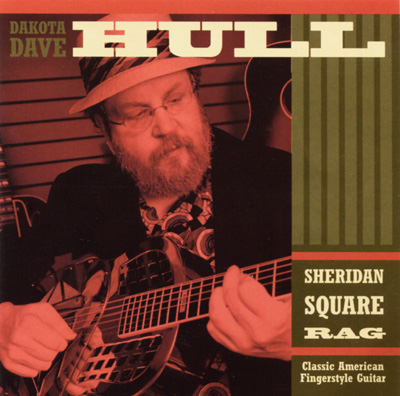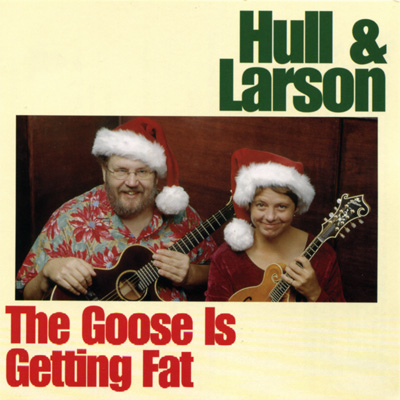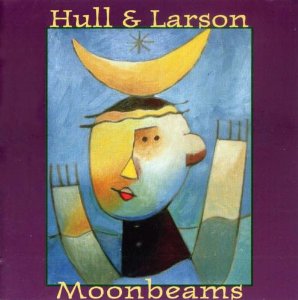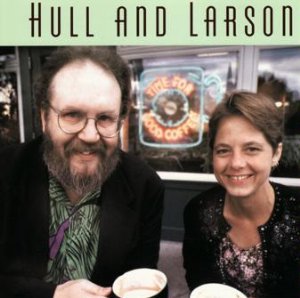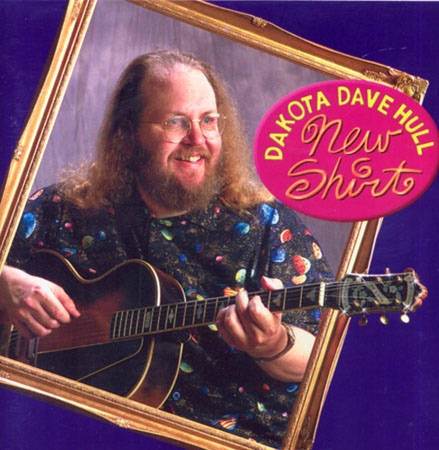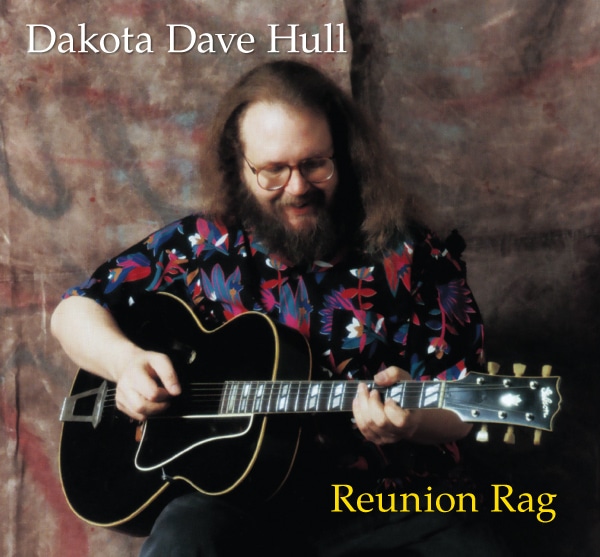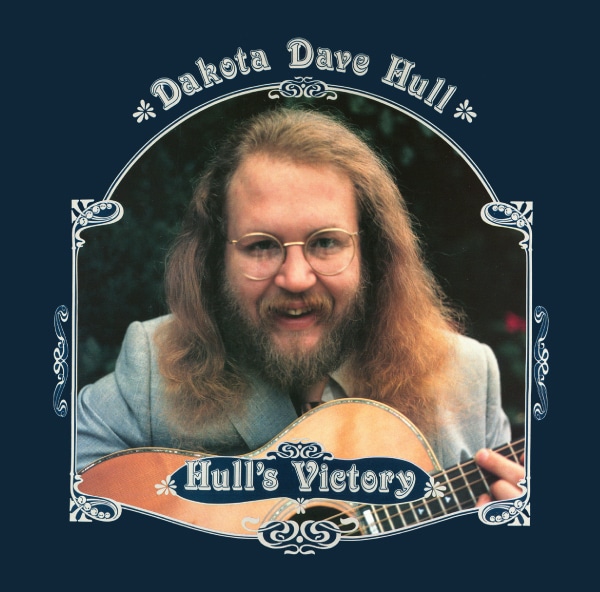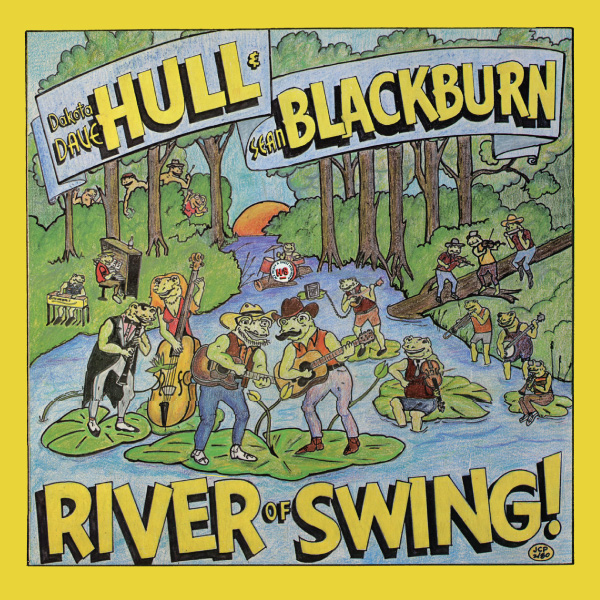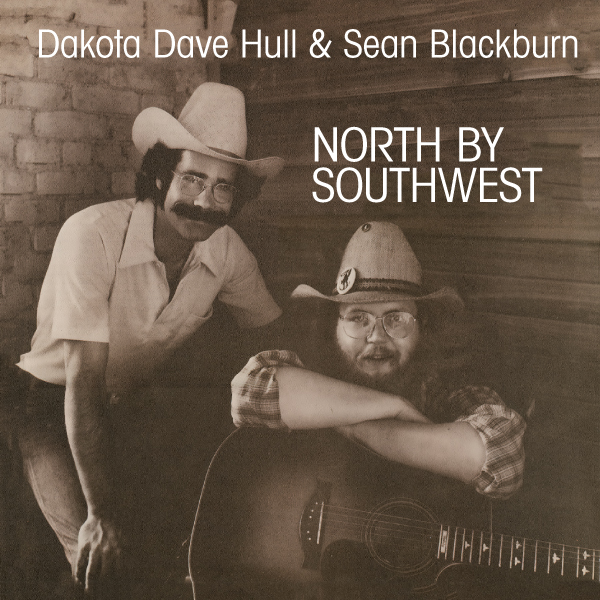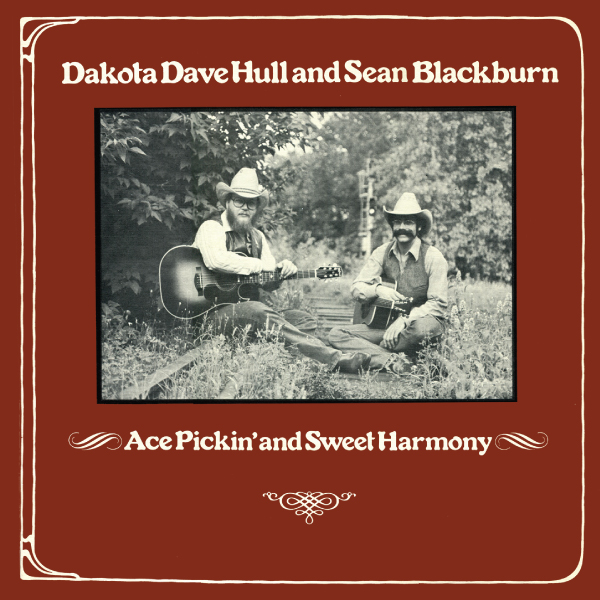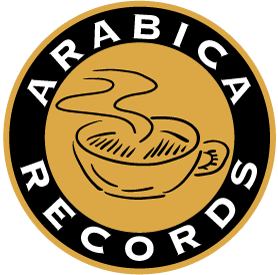Heavenly Hope
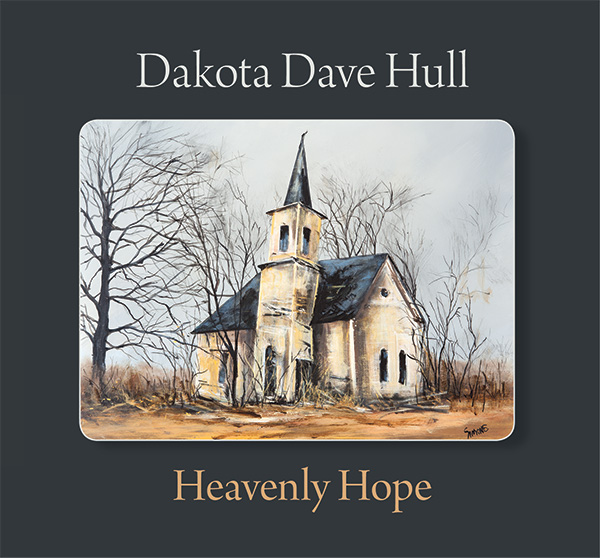
April, 2016 · Heavenly Hope · Dakota Dave Hull
Check out the companion CD,
This Earthly Life, Arabica CF-19
$15.00
Dakota Dave Hull: Guitars, baritone guitars
- This Train Is Bound for Glory 3:37
- I Wanna Be Ready 2.31
- Sermonette 2:54
- Wayfaring Stranger 4:22
- Gospel Plow 3:29
- Hallelujah 2:38
- Jesus Is a Rock in a Weary Land 5:09
- Navy Hymn 1:36
- A Great Dream of Heaven 2:55
- A Mighty Fortress 1:42
- Life Is Like a Mountain Railroad
What a Friend We Have In Jesus
I’ll Fly Away
I Shall Not Be Moved
Hallelujah Side
This World Is Not My Home 9:10 - Will You Miss Me When I’m Gone?
The Christians’ Goodnight 4:22 - Abide with Me 0:53
- Executive Producers: Kristine Smith, Cheryl Hall
- Produced by Dakota Dave Hull
- All songs arranged and adapted by Dakota Dave Hull
- Recorded at Arabica Studio, Minneapolis, by Dave Hull
- Mixed and mastered at Creation Audio, Minneapolis, by Miles Hanson and Dave Hull with a little help from Steve Wiese
- Cover painting, Abandoned Church, by Joseph Simone
- Photo of painting by Eva Freyss
- Photo of Church by Rick Galvan
- Photos of Dave by Dale B. Hanson
- Notes by Jerome Clark
- Layout by Nick Lethert
- Thanks to Cheryl Hall, Sherry Minnick, Tim Eriksen, Jerry Clark, Andy Cohen, Sheila Wolk, Doug Donley, University Baptist Church
- Funding by Kickstarter
I used a variety of cool guitars on this recording:
A 1935 Gibson Jumbo, a Brentrup Grand Concert (oak back and sides, red spruce top), a Fairbanks Radio Grande (Brazilian rosewood back and sides, red spruce top), an ARK New Era Dakota Dave Hull Signature Prairie State Big Boy (mahogany back and sides, red spruce top), a Hoffman baritone (cocobolo back and sides, red spruce top), a National Style 1 tricone, a National Style 1.5 tricone baritone, and a National M2 baritone.
Dakota Dave Hull plays and endorses:
He also uses and endorses:
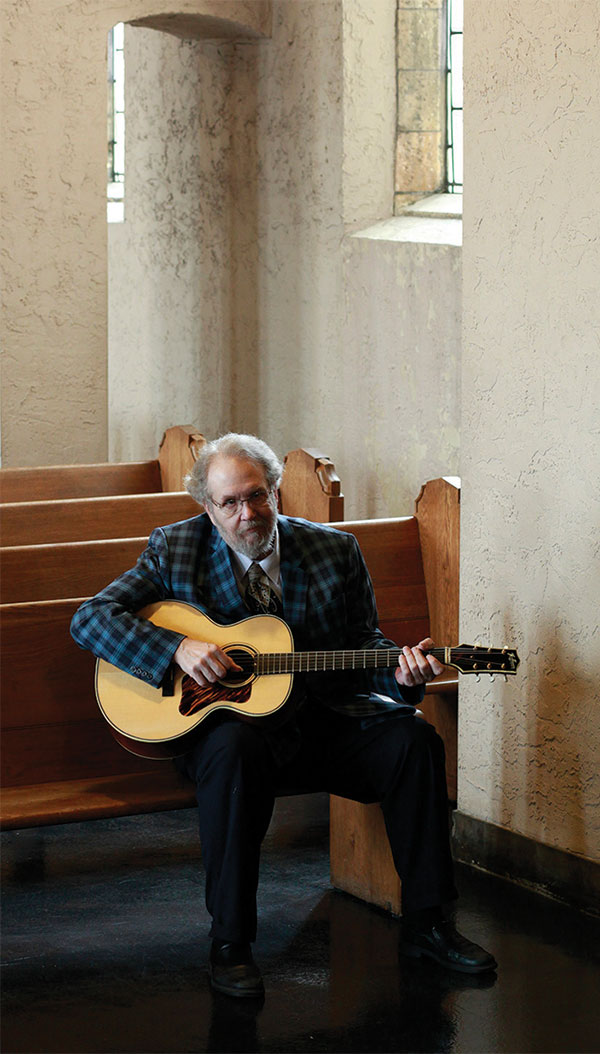
Liner Notes by Jerome Clark
If it was once believed, or at least imagined, that chariots could carry the deserving to heaven (Roll the Ol’ Chariot Along), and later sailing vessels (The Old Gospel Ship), it was inevitable that the railroad would ease the transition of the wayfaring pilgrim to the glorious destination. “Passing through the gate of dreams,” the narrator of Nathaniel Hawthorne’s short story The Celestial Railroad (1843) reports, “a rail-road has recently been established between this populous and flourishing town, and the Celestial City.”
By the mid-19th Century, the celestial railroad—as well as its sinister antithesis, the hell-bound train—had become a staple of Industrial Age America’s metaphorical vocabulary. In the 21st Century the railroad no longer occupies the large place in our national life that it once did, but the songs survive, as sturdily and vividly as ever to those open to hearing them. They live on to be sung and played, and to continue to conjure up visions of the greatest, and most final, of otherworldly journeys.
I love it that Dakota Dave Hull’s reading of the venerable spiritual This Train Is Bound for Glory feels as if it were the clacking of an actual locomotive as its wheels spin atop a long steel rail, proud to announce its imminent arrival at that last station in the sky. On Life Is Like a Mountain Railroad—also known as Life’s Railway to Heaven, it dates to the 1880s—Dave sure-handedly glides the train as it heads through dangerous obstacles to the “union depot… to meet the superintendent, God the Father, God the Son.”
To be in awe of Dave’s performances, one needn’t have grown up in a railroad family, though I did. In my young years trains did indeed pass through my dreams, almost nightly. They do again when I hear Dave call up their ghosts.
I mention these two pieces in particular not, of course, because Heavenly Hope is a collection of all celestial-railroad melodies but because they exemplify Dave’s way, without singing a word, of stirring to conscious reflection the dimly sensed yet intense longings and hopes that lie hidden in things we think we know well, including This Train and Life’s Railroad, which many of us first heard years (or, in some of our cases, years and years) ago.
The same can be said of Dave’s almost overwhelmingly felt interpretations of Navy Hymn, A Great Dream of Heaven, A Mighty Fortress (which till now, it occurs to me, I’d never heard except on the Sunday mornings of my Lutheran childhood), the magnificent Wayfaring Stranger, the enduring African-American spirituals I Wanna Be Ready and Gospel Plow. The soundtrack, in short, to your long journey home.
-Jerome Clark
Track Notes Notes by Dakota Dave Hull
1 This Train Is Bound for Glory traditional
Among the first sacred songs I heard outside a church, it was popular among folk groups of the late 1950s and early ‘60s. It’s been stuck in my head ever since. Woody Guthrie borrowed the last three words of the title for his celebrated autobiographical novel published in 1943. Sister Rosetta Tharpe recorded it twice. Here it’s played on the Big Boy in standard tuning. This train don’t carry no gamblers, no crap-shooters, no midnight ramblers, this train is bound for Glory, this train.
2 I Wanna Be Ready traditional
This tune, often called Walk in Jerusalem Just Like John, was ubiquitous among black gospel quartets of the 1920s onward. I was turned onto it while listening to recordings by the Fisk Jubilee Singers and by Bryant’s Jubilee Quartet. I play it on the Hoffman baritone in the baritone equivalent of drop D: AEADF#B. I wanna be ready, I wanna be ready, I wanna be ready to walk in Jerusalem just like John.
3 Sermonette Adderley, Hendricks
Written in the mid-1950s, this tune could have — maybe should have — been an anthem of the civil-rights movement. Lambert, Hendricks, and Ross had a minor hit with it, and Cannonball Adderley cut a magnificent version. Big fun to play on the Brentrup guitar, too. I use standard tuning. It tells you to love one another, to feel that each man’s your brother.
4 Wayfaring Stranger traditional
Here’s another one that I can trace back to my folk-scare days. Sometimes called Poor Wayfaring Stranger, it’s been done by lots of greats, including Bill Monroe, E.C. Ball, Almeda Riddle, Burl Ives, and Emmylou Harris. Clarence Ashley recorded it as Wayfaring Pilgrim. I play it on the National Style 1 tricone guitar. It’s in A minor and that works really well in drop D tuning. I’m just a poor wayfarin’ stranger, traveling though this world below, yet there’s no sickness, toil, nor danger, in that bright land to which I go.
5 Gospel Plow traditional
More famous these days as Keep Your Eyes on the Prize, Gospel Plow was often sung during the civil-rights struggles. The sacred versions move across cultural lines to appear in both black and white traditions. Bob Dylan put it on his eponymous first album in 1962. Duke Ellington recorded it, too. I particularly love Mavis Staples’ version. I play it on the National M2 baritone. I tune it AEADF#B. Never been to heaven but I’ve been told; streets up there are lined with gold.
6 Hallelujah Wesley, Walker
Tim Eriksen suggested this one to me. It’s number 146 in The Sacred Harp. I hope I didn’t mess it up too bad. On the Brentrup guitar. I tune it to standard. Give joy or grief, give ease or pain, take life or friends away, but let me find them all again, in that eternal day.
7 Jesus Is a Rock in a Weary Land PD
The Caravans’ version of this simply blew my mind. I’ve never heard falsetto singing like that. I hope I can do it a little bit of justice. On the Fairbanks Radio Grande. EADGBE is the tuning. Jesus is a rock in a weary land, a shelter in the time of storm.
8 Navy Hymn William Whiting
Sometimes called Eternal Father Strong to Save, I remember this hymn from the church services of my youth. I loved it when it came up on the rotation; the change before the last line still makes the little hairs on the back of my neck stand up. I recorded it once before but I like the way it sounds played on the National 1.5 baritone guitar so much better. I tuned it AEADF#B. Oh hear us when we cry to Thee for those in peril on the sea.
9 A Great Dream of Heaven traditional
I doubt that a finger-style guitarist anywhere fails to admire Joseph Spence, the legendary Bahamian folk artist. He introduced many of us to syncopation on the guitar as well as to a lot of memorable hymns and songs. I play this one on the National Style 1 tuned DADGBE. When trials and troubles surround me I know, my voice will ring out through this world as I go, the angels will carry me off on the wind, and a choir in heaven will welcome me in.
10 A Mighty Fortress Luther
Martin Luther’s classic Lutheran hymn (coincidence?) seems to work well as a duet between two baritone guitars. I use the Hoffman and the M-2 National. They’re both tuned AEADF#B. For still our ancient foe doth seek to work us woe; his craft and power are great, and armed with cruel hate, on earth is not his equal.
11 Life Is Like a Mountain Railroad Snow, Abbey, Tillman · What a Friend We Have In Jesus Scriven · I’ll Fly Away Brumley · I Shall Not Be Moved traditional · Hallelujah Side Oatman · This World Is Not My Home Brumley
A spirited medley of half a dozen compatible hymns. The Carter Family’s Life Is Like a Mountain Railroad gets things started. A version of one of the tunes, We Shall Not be Moved, was another civil-rights era anthem. In 1938 Woody Guthrie rewrote Albert Brumley’s This World Is Not My Home as I Ain’t Got No Home, which today is better known than the original. Another duet, the National Style 1 is in standard tuning with a capo on the second fret, and the Gibson Jumbo is in drop D tuning. This world is not my home, I’m just a-passing through. My treasures are laid up, somewhere beyond the blue.
12 Will You Miss Me When I’m Gone? PD · The Christians’ Goodnight traditional
The first song, an earlier popular composition that found its way to the Carter Family repertoire, has long been a mountain music standard. The Pindar Family with Joseph Spence made I Bid You Goodnight famous. Among the musicians who’ve covered it are the Incredible String Band and the Grateful Dead. It derives originally from The Christians’ Goodnight, which was unearthed and recorded by Tom, Brad, and Alice a few years ago. If memory serves, they found it in an old hymn book from North Carolina. Played on the M-2 baritone. BEADF#B. When these lips shall nevermore press a kiss upon your brow, but lie cold and still in death; will you love me then as now?
13 Abide with Me Lyte, Monk
Another beautiful hymn that I’ve heard my entire life. I play it as a duet on the Style 1 National and the 1.5 National baritone. DADGBE and AEADF#B. Swift to its close ebbs out life’s little day, earth’s joys grow dim; it’s glories pass away.
—Dakota Dave Hull
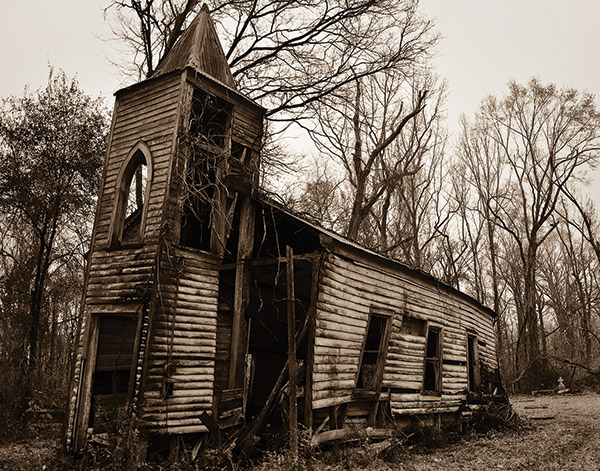
Thanks to the folks who contributed to my Kickstarter campaign · making this possible:
Kristine Smith · Theresa J Poll · Garrison Keillor · Cheryl Hall · Robert Kinghorn · J Shogren · Jiro Kobayashi · Donald & Hilary Young · Sheri Boettcher · David John · Michael J Olsen · Michael MacLeod · Mario Nunez · Jen Downham · Don Venne · Raymond Morin · Roxinne Savoretti · Tonia Farinella · Corissa Nohrenberg · Cary D Geller · JB Freeman · Judi Space · Catherine Marino · Molly P Hoof · Steve Wiese & Lucia Newell · John Sherman & Donna McMaster · Jonathan King · Pat Smith & Rich Wagor · Howie Brewer · Rick Jones · J Wibbelmann · Jeff Molde · Adam Kiesling · Martin V America · Birgit Burke · Emmy Nelson · Charlie & Susan Hoffman · Marie-Elizabeth Finamore · Susan West · Toby Walker · Rick Stern · Jim Cain · Hiroshi Masuda · Kimmie Hall · LaDonia Carlson-Greer · Bob Treumann · Jimmy & Nancy Nikora · Claudia Hasegawa · Chris Holder · Gary Hutchison · John Myott · Trevor Marty · Gary Miner · Martin Grosswendt · Gilles Gutierrez · Phil Heywood · William H Smith · Mitchell Wittenberg · Tim O’Neill · MP McLaughlin · Xavier Ohmura · Anastasia Bamford · Kitty Muir · Jim Cunningham · Gloria Goodwin Raheja · Molly Rosen · Dave Alderson · Andy Western · Sandra Njoes · Michael Jolley · Brett Bydairk · Al Boyce · Lorna Simes · Robert Featherstone · Steve Sundberg · Takashi Hamada · Julie Kapitan · Steve Tibbetts · Eric Platt · Dave Romm · Andy Alexis · Beth Cummings · Terri Thal · Emily H Sprague · Jim Reineke · Bryan Aaker · John Burrows · Jon Drumwright · John Ashton · Ricky & Julie Hull · Bob Dixon · Susan Robbins · Diane Piros · Mike Chew · Liz Olds · Jill Anania · Tom & Gail Watts · Bill Tabb · Matt Neil · Rusty Smith · Hugh McGinness · Doug Yeomans · Florence Castillo · George Best · Karen Nohrenberg · Marsha Schoeb · Alison Edgerton · Phyllis Bruhn · David M Quinn · Mike Griffiths · J Rangel · E-Sabbath · John Salmon · Bob Bowman · Duncan Salmon · Andrew Barton · Dan Schatz · Jim Moran · Gary & Janice Bradshaw · Betsy Burnam · Tony Klassen · Tetsuhiro Takahashi · Cliff Mitchell · Fred Vine · James A Mayer · Leo M Whitebird · Masataka Mitsuoka · Lynn Garren · Annie Scheumbauer · Anna Barrera · Abby Newton · Laurence Braude · Joe Fishbein · Shelby Meyer · Kurt Nelson · Garaud MacTaggart · Bruce Brackney · Brad Pratt · Scott M Manson · Roseann & Willy Moser · Genie Stelnicki · Bridgit Colleran Albrecht · Jonathan Higgins · Sarah Larson · Michael Dregni · Eli M Marcus · Michael Stevens · David A Dugas · Lee Townsend · Tim Sparks · Michelle St. Clair · Paul Metsa · Susan · Loren Neufeld · Mary Maguire · Christy Caine · Cristopher Anderson · Robyn Stashenko · Gary Selufsky · Marcy Marxer · Patsy O’Brien · Tyler Jacobson · Paul Siegmund · Steve Obenreder · Richard Pudas · Evan Rattner · Michael Knott · Andreas H · Star Straf · Al Butler · Cheryl Walsh Bellville · Dale Fairbanks · Tom Moody · Maureen McElderry · Wendy Lewis · Tony Vail ·Warren Park · Jim Sittnick · Mark Lukens · Bernd Wannnewetsch · Laura MacKenzie · Tom Smith · David Valentine · Michelle Matel · Nick Levene · Tim Lyles · Lori · Dixie Moss · Corey Mohan · Maria Larson · Jay Peterson · Art Menius · Yoko Maseki · Beverly Welch · Bob Byrnes · JF Hansen · John · Steven Brust · Amias · T-Claw
